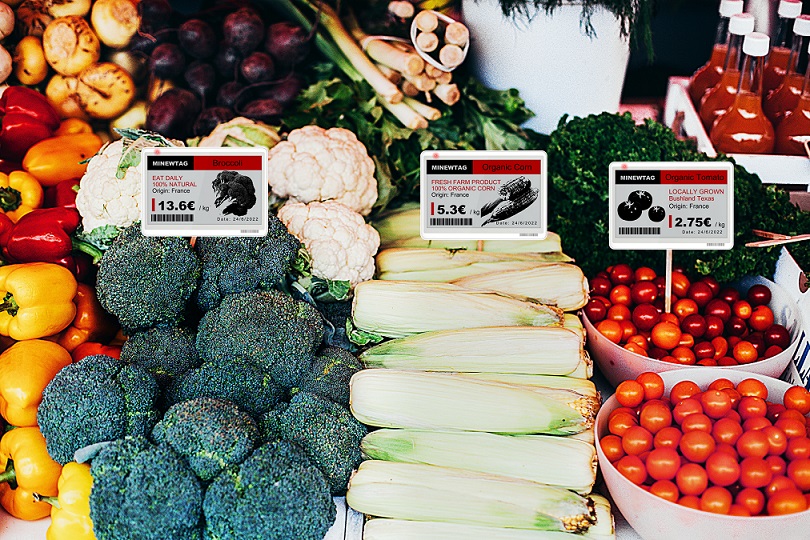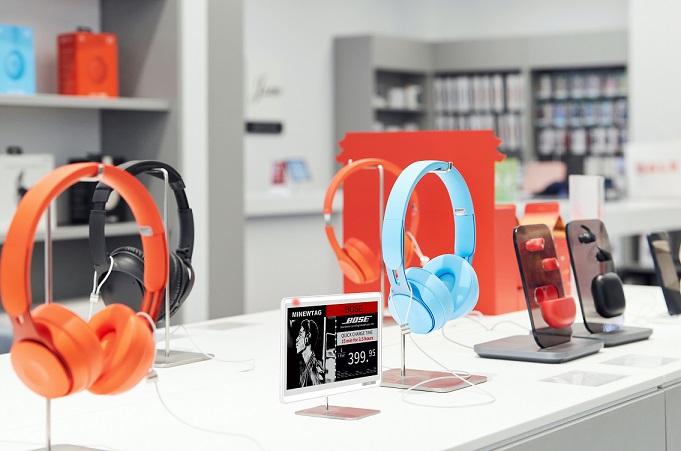Labeling is a process that involves the application of information to a product or package. Labels can be used for many reasons, such as to identify the name and address of the manufacturer, distributor, or seller; product ingredients; net quantity; weight, measure, or count; country of origin; batch or lot numbers; date of production; date of expiration; and bar codes. Labels are also often used to indicate how to use a product safely, such as with food, medicine, and cosmetics.
In consumer product labels, labeling is required by law in many countries to provide consumers with important information about the product they are buying.

What Is Product labeling?
Labeled products can be used for a variety of reasons. It gives consumers useful information about products they are interested in buying. It also provides companies with an extra marketing tool that shows how much care they take with their products.
Why do we need labels on products?
Product Labelling is a Lifesaver: The purpose of product labeling is to provide consumers with clear information about the product they are about to purchase. This will help them make an informed decision about which product suits their needs best. Without proper product labeling, it would be impossible for consumers to separate good from bad products and make informed decisions about their purchases.
Product Labelling Is A Marketing Tool: Product labeling has many benefits for businesses as well. It not only helps sell a product but also helps build brand identity and promote business growth. When done properly, it can be an excellent marketing tool for your business.
The label is an important part of a product. It contains all the information about the product like its name, price, producer, expiry date and many more.

Different Types of Product Labels
There are different types of product labels. They are as follows:
Brand Label: A brand Label is a label that contains information about the brand to which a product belongs. The main purpose of such labels is to inform consumers about the product's brand and its features, as well as protection against counterfeiting and copycats. Brand labels can also be placed on merchandise packaging or packaging materials for sale on the Internet.
Grade label: A grade label denotes the quality or grade level of a product. For example, Grade A, Grade B, etc.
Descriptive label: It describes what kind of material has been used to make the product or how it is made etc. For example, Organic food products have descriptive labels on them as they contain no chemicals in their composition and are made with natural ingredients only.
Informative label: This kind of label provides information about the safety measures one should take while using this particular product like how long can it be stored or how much heat or cold one can expose it to etc. so that customers can use it safely without harming themselves or damaging their property due to misuse of the item by them.
Consumer product labels: Product labels may contain information that protects consumers from health risks associated with using a product. Examples include warnings about ingredients that may be harmful if ingested in large quantities or warnings against certain types of activity while wearing certain clothing items (such as goggles).
Consumer product labels can fall into one of several categories: warning labels, ingredient lists, nutritional facts, or other information that is required by law or industry standards. These labels are usually found on the outer packaging of a product or on the back of any printed material that accompanies a product.
Warning labels alert consumers to possible dangers associated with using a particular product.
An ingredients list is a list of all the ingredients contained within a particular item along with their quantities and proportions within that item.
Compliance With Law: Labels may also contain the information required by law such as nutritional facts, country-of-origin labeling, or ingredient lists that meet requirements set forth by federal regulations such as those issued by the FDA for food products sold in the US marketplace.
Packaging and Labeling in Marketing
Packaging is an important part of the marketing mix, as it can often influence consumers' perceptions of a product. It can also be used to increase brand loyalty and recognition by creating an identity for your product. Packaging and labeling is a marketing technique that helps promote products. Packaging and labeling can be done in many ways, including using color schemes, fonts, shapes, and sizes.
Packaging also serves as a way for companies to communicate with their customers about the product itself or what it does.
Importance of Labeling and Packaging
Labeling is an essential component of packaging. It gives consumers a clear understanding of what they're buying and helps them identify if it's suitable for their needs.
Labels also provide essential information such as ingredients, weight or volume, and expiry dates, which help consumers make informed decisions when shopping for products.
Labeling also plays a role in communicating brand identity through colors, fonts, and logos found on labels.

Electronic Labels are Playing a Major Role in Marketing
Companies are using these labels to promote their products and services. Electronic labels for business products are a great way for companies to advertise their products. They help people find a product quickly and easily. The information on the label can be used to attract potential customers and give them more information about a product. Electronic labeling is also useful because it helps people find out about new products, even before they are released on the market.
MinewTag is a leading IoT solution provider with expertise in the areas of intelligent hardware and software development. Its business currently covers a variety of IoT products including electronic labels.











